Search
Did you mean: Galen?
Search Results
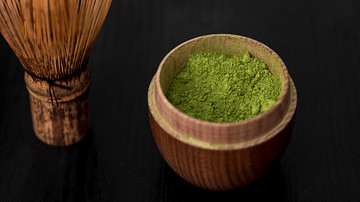
Article
The History of Japanese Green Tea
The history of green tea in Japan goes back to the 8th century when it was a popular stimulant for meditating monks. In this article, we examine tea's origins and cultivation, how it became an integral part of Japanese culture, the symbolism...
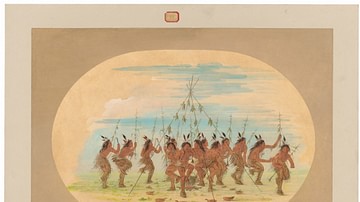
Image
Green Corn Ceremony
Green Corn Dance - Minatarrees, oil on card mounted on paperboard by George Catlin, 1861.
National Gallery of Art, Washington D.C.
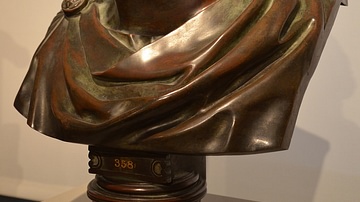
Image
Green Basalt Bust of Hadrian
Bust of Hadrian in dark green basalt, 120 - 130 CE. (Altes Museum, Berlin)
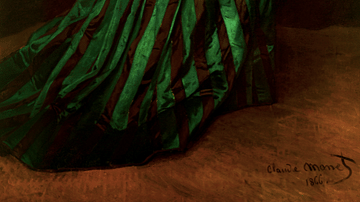
Image
Woman in a Green Dress by Monet
An 1866 oil on canvas, Woman in a Green Dress (aka Camille in a Green Dress), by Claude Monet (1840-1926), the French impressionist painter. This work was accepted by the Paris Salon and was well received by the critics for mixing the traditional...
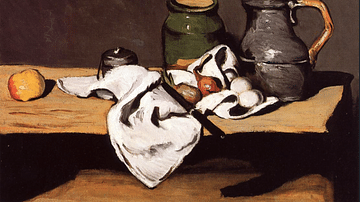
Image
Still Life with Green Pot & Pewter Jug
A c. 1867-9 painting in oils, Still Life with Green Pot and Pewter Jug, by Paul Cézanne (1839-1906), the French post-impressionist artist. This is an excellent example of Cézanne's approach to still life in the first part of his career where...
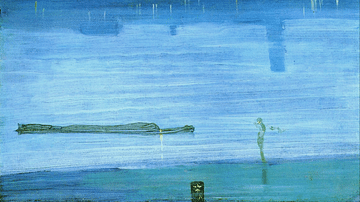
Image
Nocturne in Blue and Green: Chelsea by J .M. Whistler
An 1871 oil on wood, Nocturne in Blue and Green: Chelsea, by James McNeill Whistler (1834-1903), the American painter.
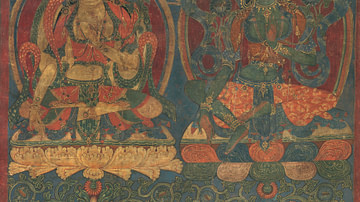
Image
White Tara and Green Tara
White Tara and Green Tara, distemper on cloth painting, 1450-1500, Guge, Western Tibet.
Metropolitan Museum of Art, New York.
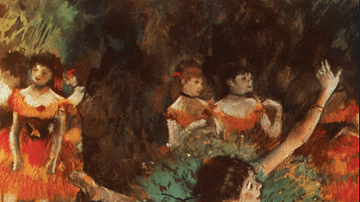
Image
The Green Dancer by Degas
An 1877-9 pastel and gouache on paper, The Green Dancer, by Edgar Degas (1834-1917), the French impressionist painter. A work which shows the artist's preoccupation with capturing form and the effect of stage lights on performers. (Thyssen-Bornemisza...
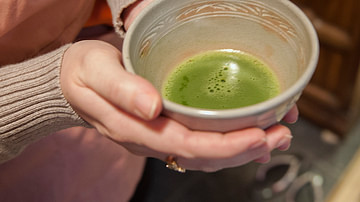
Image
Japanese Green Tea
A bowl of whisked green tea (matcha), typical of the traditional Japanese tea ceremony.
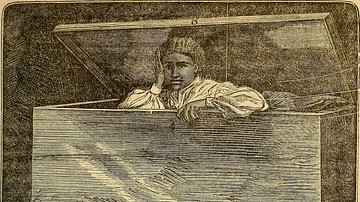
Image
Lear Green Emerging from her Chest
Lear Green (c. 1839-1860), a former slave who had herself shipped in a crate from Baltimore, Maryland to Philadelphia, Pennsylvannia to escape slavery, by William Still, 1872.